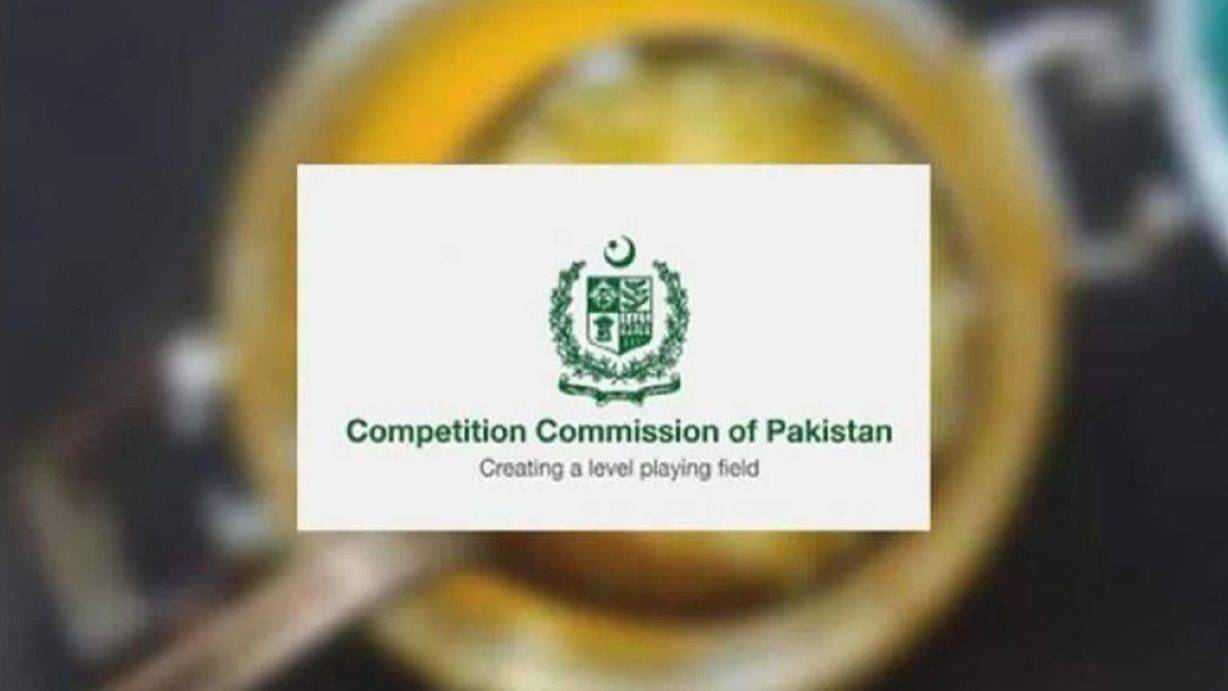The Competition Commission of Pakistan (CCP) has launched a sweeping action against 17 major private school networks, accusing them of exploiting millions of students and parents by forcing the purchase of expensive, logo-branded stationery and uniforms.
Show-cause notices have been issued to leading names such as Beaconhouse, The City School and Lahore Grammar School. Together, these institutions serve an estimated 25.5 million students, nearly 47 percent of the country’s total student population, giving them enormous market influence.
A detailed CCP inquiry found that these schools were involved in restrictive “tie-in arrangements,” effectively making continued enrollment dependent on buying notebooks, workbooks and uniforms exclusively from school-approved vendors. The commission concluded that this practice shut out thousands of independent retailers and denied parents the freedom to choose more affordable alternatives.
The investigation uncovered dramatic price disparities, revealing that some school-branded items were being sold at rates between 53 percent and 280 percent higher than comparable products available in the open market. Eight school systems showed consistent markups exceeding 50 percent.
According to the commission, parents have limited options due to high transfer fees, a lack of competitive alternatives and the disruption caused by switching schools, leaving them with no practical choice but to comply. “The buyer is forced to purchase the tied product,” the CCP noted, underscoring what it described as captive consumer behavior.
The schools have been directed to submit written responses within 14 days, explaining why penalties should not be imposed. Under existing laws, the commission has the authority to levy fines of up to 10 percent of annual turnover or Rs. 750 million, whichever is higher.
Related: Elite Schools Agree To Reduce Fee By 20 Percent
The CCP’s intervention aims to protect families from unfair pricing practices, restore market competition and support small businesses that have been sidelined by restrictive purchasing policies. The outcome of the proceedings is expected to set a critical precedent for commercial practices within Pakistan’s private education sector.



